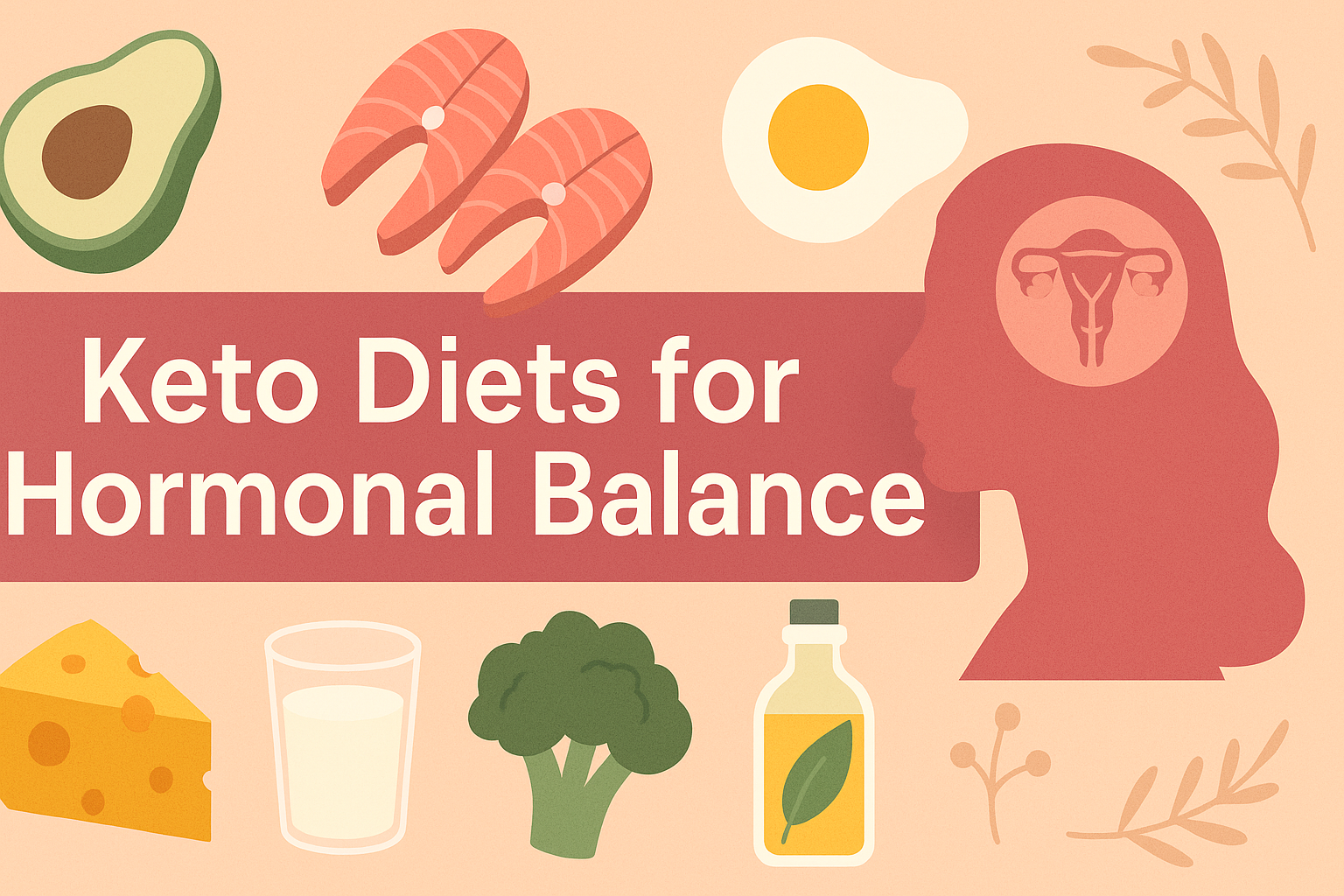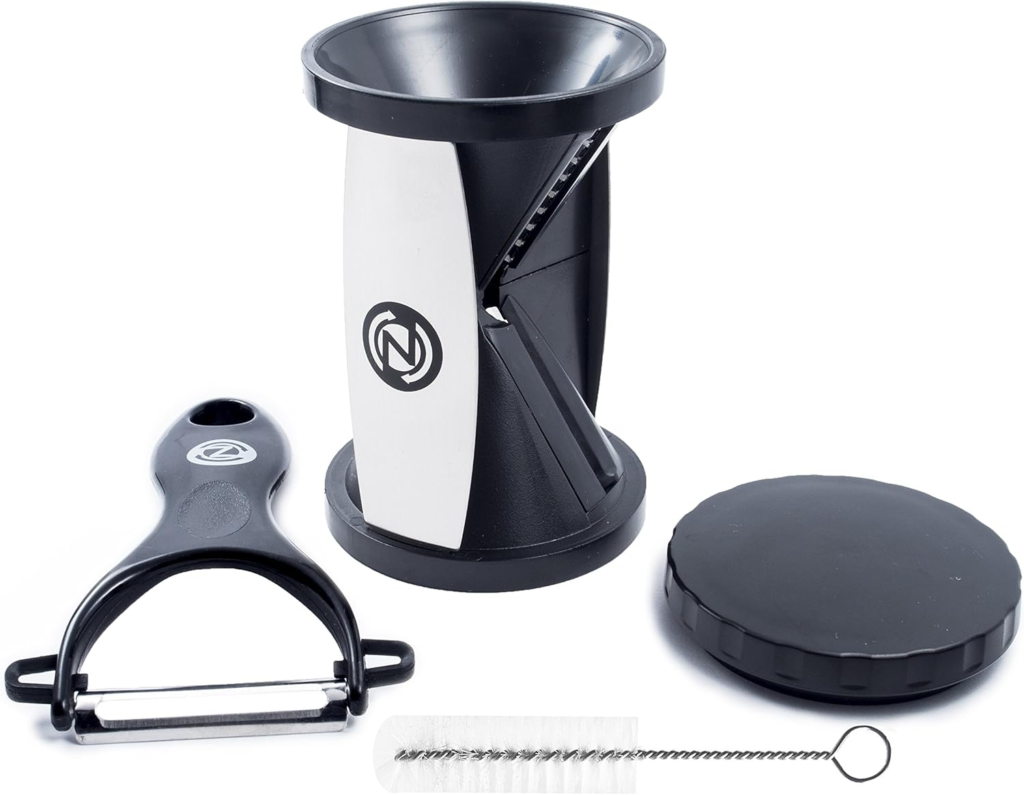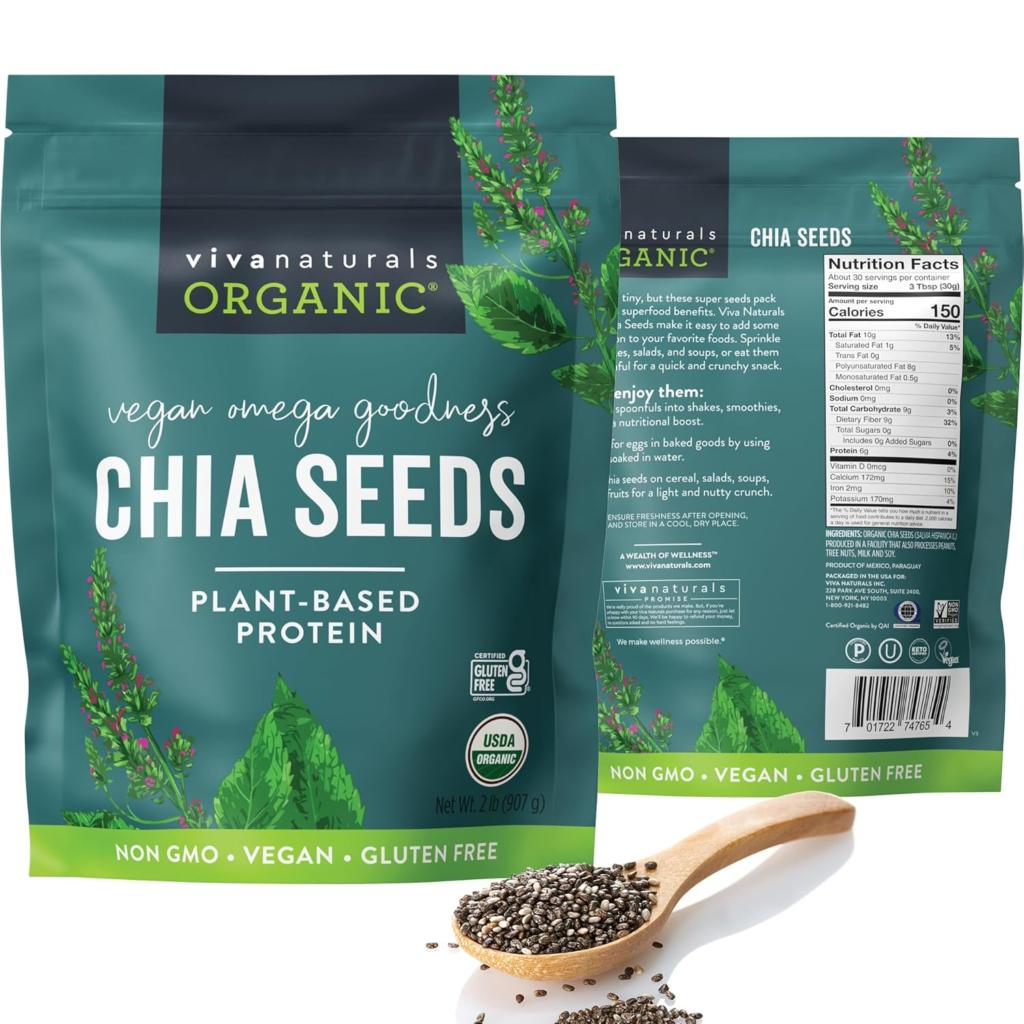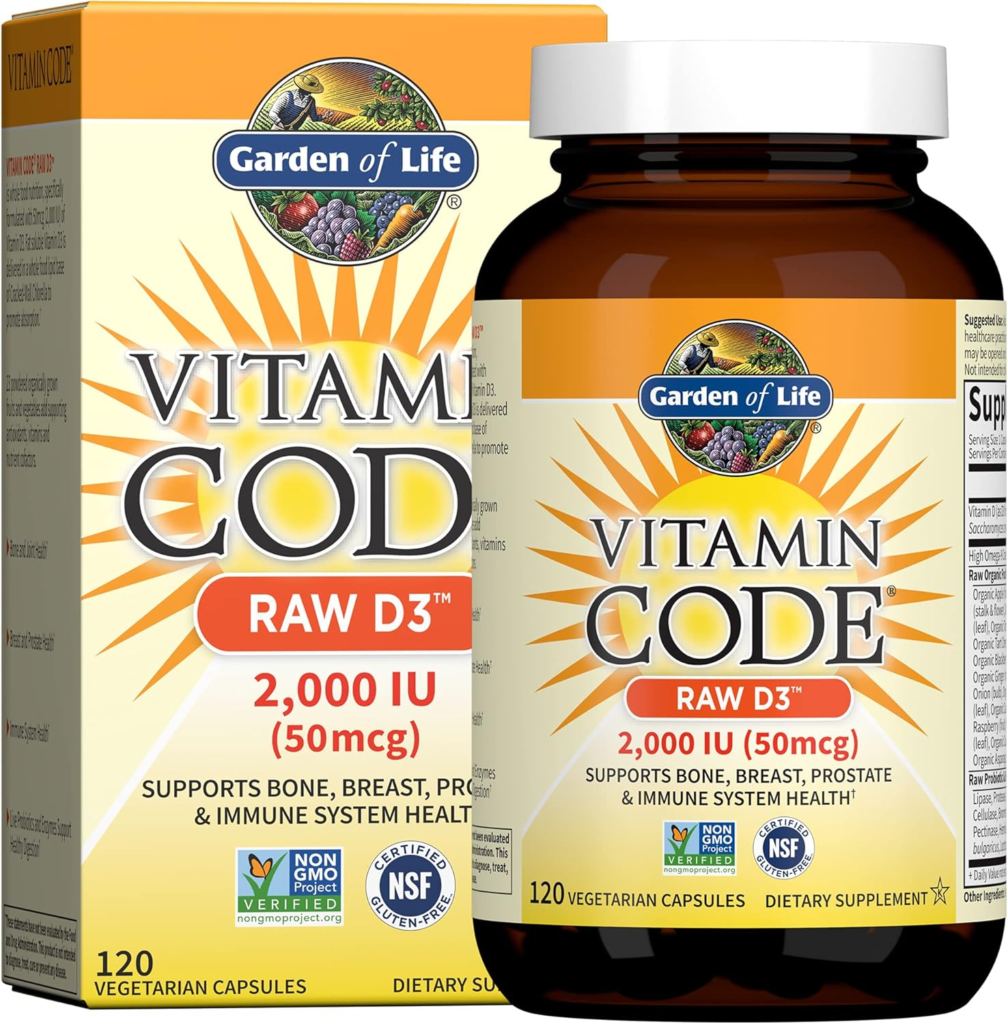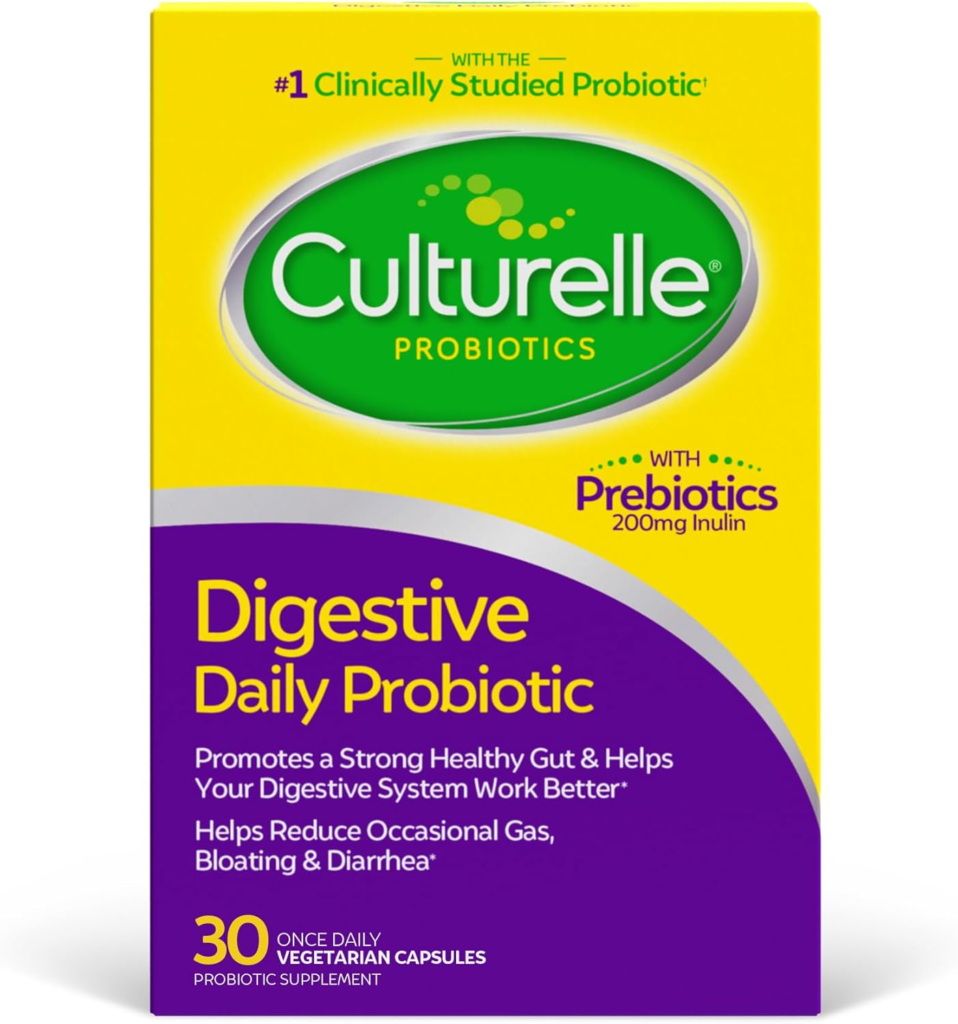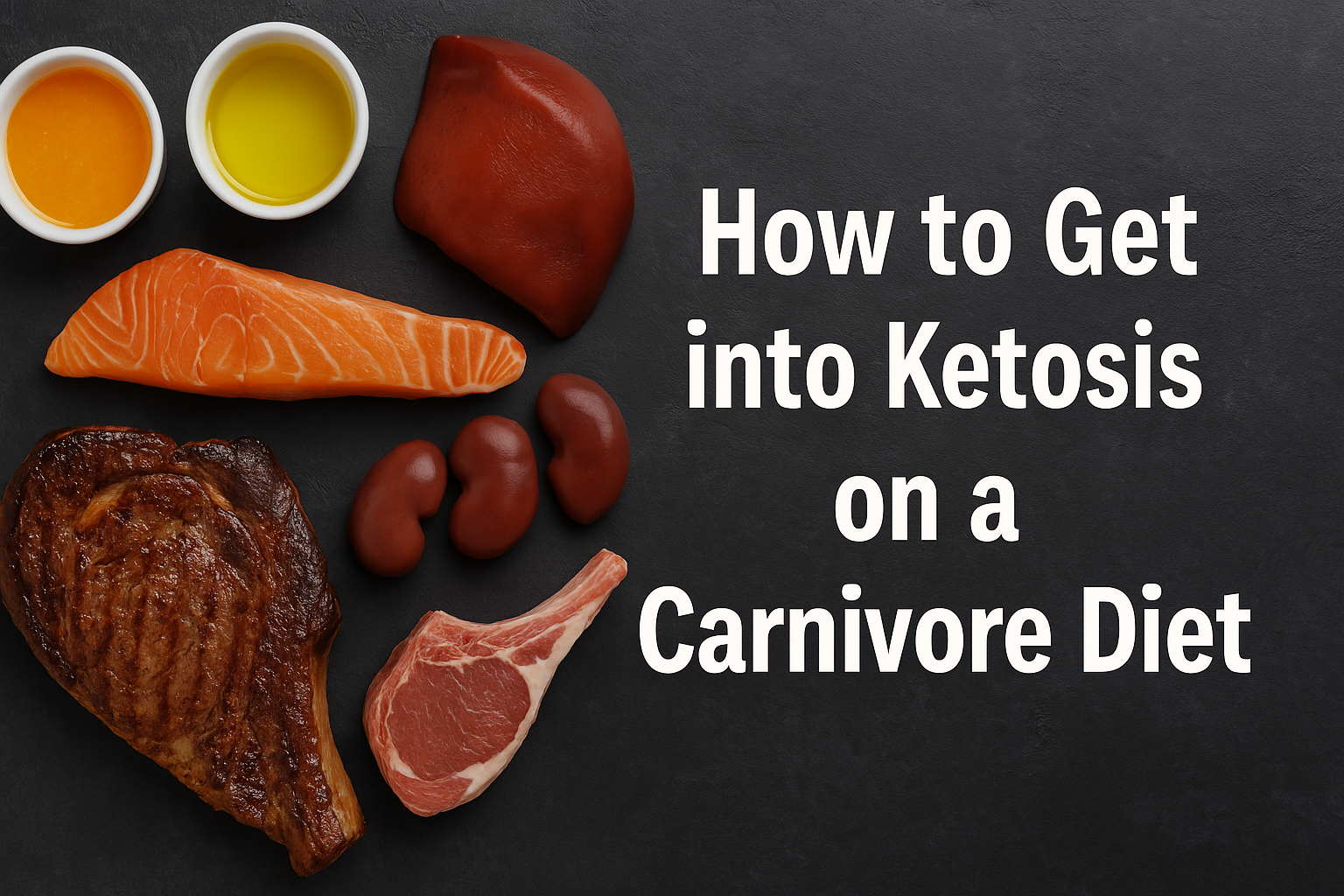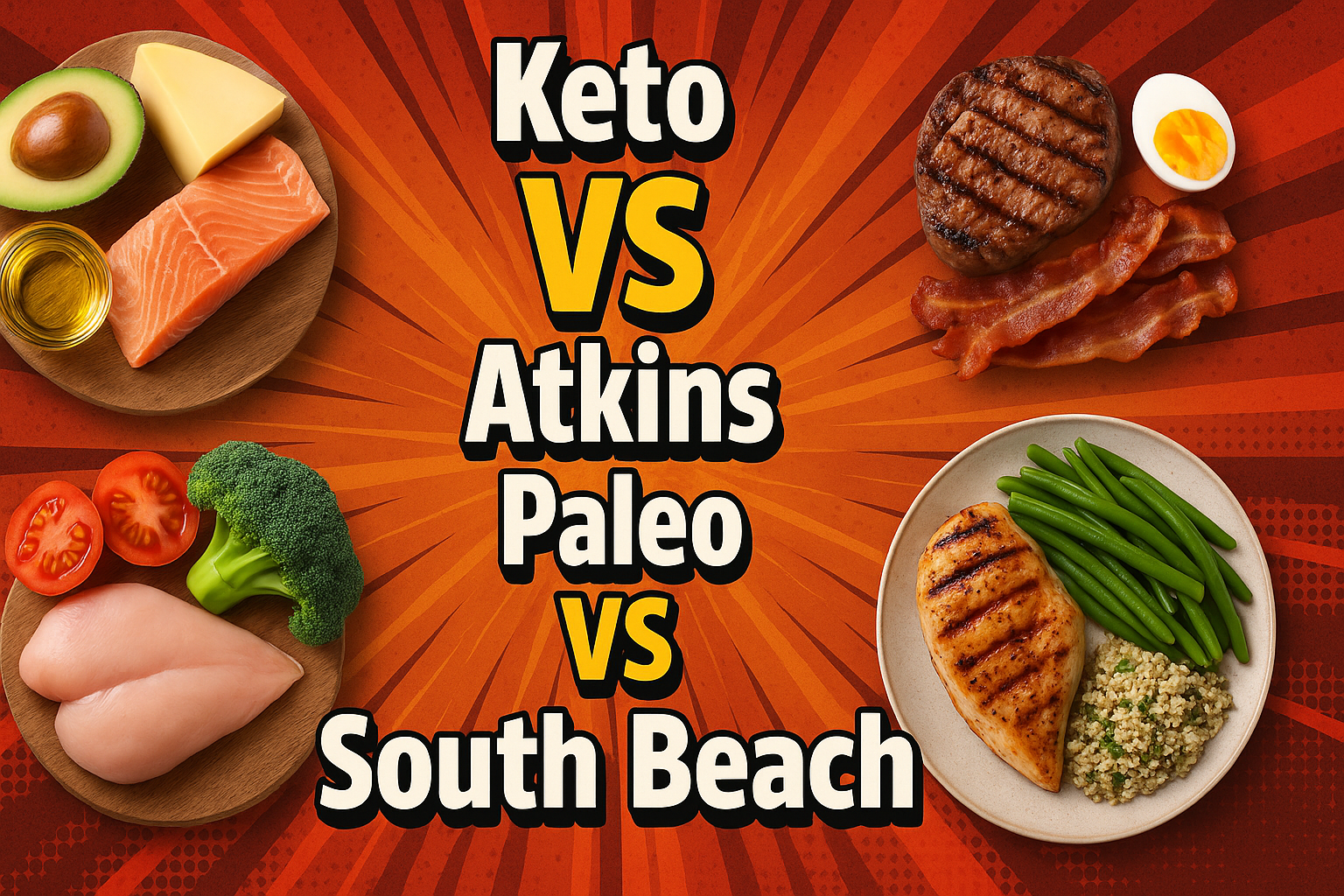I’ve learned firsthand how deeply our hormones impact everything—energy, sleep, weight, mood—you name it. After years of battling unexplained fatigue and stubborn weight fluctuations, I realized the key wasn’t just in what I ate, but how my body processed it. That’s when I discovered the powerful link between Keto Diets for Hormonal Balance.
Switching to a high-fat, low-carb lifestyle didn’t just help me drop a few pounds—it brought a noticeable shift in how I felt day-to-day. My energy evened out, my sleep improved, and those monthly hormonal rollercoasters finally started to level off.
One thing that made a huge difference for me was tracking my ketone levels. If you’re serious about using keto to support hormonal health, I highly recommend using a reliable device like the KetoSens Blood Ketone Monitoring Starter Kit. It’s a game-changer when it comes to staying on track and understanding how your body responds.
Affiliate Disclaimer: This post contains affiliate links. If you choose to buy through them, I may earn a small commission—at no extra cost to you. I only promote products I’ve used and truly believe in.
Now, let’s dive into how keto can help rebalance your hormones and support long-term wellness from the inside out.
Understanding Hormonal Imbalance
Hormonal imbalances can occur when there is too much or too little of a specific hormone in your bloodstream. While they affect men and women differently, common symptoms include:
- Unexplained weight gain or difficulty losing weight
- Fatigue and lack of energy
- Mood swings, anxiety, or depression
- Irregular menstrual cycles or fertility challenges
- Poor sleep quality
- Cravings and blood sugar spikes
Several factors can cause hormonal imbalances, including diet, stress, lack of exercise, and medical conditions. By addressing one of these factors—your diet—you can significantly impact your hormone health.
How the Keto Diet Supports Hormonal Balance
The ketogenic diet, characterized by high-fat, moderate-protein, and low-carbohydrate intake, has been shown to influence several hormones positively. Here’s how it works:
Insulin Regulation
Insulin, the hormone responsible for regulating blood sugar, often becomes dysregulated with a diet high in carbohydrates. This can lead to insulin resistance, a precursor to type 2 diabetes and a major factor in hormonal imbalances.
On keto, you reduce your carbohydrate intake, which helps stabilize blood sugar levels and improves insulin sensitivity.
Pro Tip: To monitor your progress, consider investing in a blood ketone monitor.
Recommended Product:
KetoSens Blood Ketone Monitoring Starter Kit – Highly rated for its accuracy and ease of use.
Cortisol Management
Cortisol, the “stress hormone,” can spike due to chronic stress or poor dietary choices, disrupting other hormones like estrogen and progesterone. The keto diet’s ability to provide steady energy without blood sugar crashes may help reduce cortisol spikes.
Incorporating magnesium-rich foods or supplements can further support adrenal health and reduce cortisol.
Recommended Product:
Natural Vitality Calm Magnesium Powder – A calming supplement popular for managing stress.
Sex Hormone Regulation
For women, hormonal imbalances involving estrogen and progesterone can lead to symptoms like PMS, irregular periods, and menopause challenges. Keto may help by stabilizing blood sugar and reducing inflammation, which are both linked to estrogen dominance and other hormonal issues.
For men, a keto diet has been shown to support testosterone production by improving metabolic health and reducing excess body fat.
Thyroid Hormone Support
While thyroid health is a nuanced topic, reducing inflammation and balancing blood sugar with a keto diet can positively impact thyroid function. However, some individuals with hypothyroidism may need to monitor their response to keto closely.
Keto-Friendly Foods for Hormonal Balance
To maximize the benefits of keto for your hormones, focus on whole, nutrient-dense foods rich in fats, proteins, and essential micronutrients.
Healthy Fats
- Avocados: Packed with monounsaturated fats that support hormone production.
- Coconut oil and MCT oil: Provide quick energy and help maintain ketosis.
- Olive oil: Anti-inflammatory and hormone-friendly.
Recommended Product:
Sports Research Organic MCT Oil – A clean and versatile source of medium-chain triglycerides.
High-Quality Proteins
- Eggs: Rich in choline and vitamin D, both essential for hormone health.
- Fatty fish: Salmon and mackerel provide omega-3 fatty acids, which reduce inflammation.
- Grass-fed beef and poultry: High-quality protein sources with essential amino acids.
Low-Carb Vegetables
- Leafy greens: Spinach, kale, and arugula are rich in magnesium and folate.
- Broccoli and cauliflower: Contain compounds that support estrogen metabolism.
- Zucchini and bell peppers: Versatile, low-carb veggies to include in meals.
Seeds and Nuts
- Flaxseeds and chia seeds: Rich in omega-3s and fiber.
- Almonds and walnuts: Provide healthy fats and magnesium.
Meal Plan for Hormonal Balance on Keto

Here’s a sample daily meal plan to get you started.
Breakfast: Keto Avocado Egg Bowl
- Ingredients:
- 1 avocado, halved and pitted
- 2 eggs, poached or fried
- 1 tbsp olive oil
- Salt and pepper to taste
- Instructions:
- Scoop out a bit of the avocado to make room for the egg.
- Place the egg into the avocado half.
- Drizzle with olive oil, and season with salt and pepper.
Lunch: Salmon Salad with Lemon Dressing

- Ingredients:
- 4 oz baked salmon
- 2 cups mixed greens
- 1/4 cup sliced cucumbers
- 2 tbsp olive oil
- 1 tbsp fresh lemon juice
- Instructions:
- Toss greens and cucumbers in a bowl.
- Top with salmon and drizzle with dressing.
Dinner: Zucchini Noodles with Pesto Chicken
- Ingredients:
- 4 oz grilled chicken breast
- 1 cup zucchini noodles
- 2 tbsp keto-friendly pesto
- Instructions:
- Sauté zucchini noodles in olive oil until tender.
- Top with grilled chicken and pesto.
Recommended Product:
Zoodle Slicer Spiralizer – A must-have tool for making zucchini noodles.
Snack: Chia Seed Pudding
- Ingredients:
- 1/4 cup chia seeds
- 1 cup unsweetened almond milk
- 1/2 tsp vanilla extract
- 1-2 tsp monk fruit sweetener
- Instructions:
- Mix all ingredients in a jar or bowl.
- Refrigerate overnight and top with nuts or seeds before serving.
Recommended Product:
Viva Naturals Organic Chia Seeds – High-quality chia seeds ideal for keto recipes.
Supplements to Support Hormonal Health on Keto
While a well-balanced keto diet provides many nutrients, supplements can help fill in the gaps for optimal hormonal balance.
Omega-3 Fatty Acids
Omega-3 Fatty Acids support hormone production and reduce inflammation.
Recommended Product:
Nordic Naturals Omega-3 Fish Oil
Vitamin D
Vitamin D is essential for hormone production and immune health.
Recommended Product:
Garden of Life Vitamin D3
Magnesium
Magnesium aids in stress reduction and promotes the health of the adrenal glands.
Recommended Product:
Doctor’s Best High Absorption Magnesium
Probiotics
Improves gut health, which is closely linked to hormonal balance.
Recommended Product:
Culturelle Daily Probiotic
Tips for Success on a Hormone-Friendly Keto Diet
- Track Your Macros: Use apps like Carb Manager to ensure you’re meeting your keto goals.
- Stay Hydrated: Drink plenty of water to support detoxification and hormonal health.
- Prioritize Sleep: Poor sleep disrupts hormone regulation; aim for 7-9 hours nightly.
- Exercise Smartly: Focus on strength training and low-impact activities to support hormonal balance.
- Manage Stress: Practice mindfulness or yoga to reduce cortisol levels.
Final Thoughts
The keto diet offers a promising approach to hormonal balance by regulating insulin, reducing inflammation, and providing the nutrients your body needs to thrive.
With the right foods, tools, and supplements, you can harness the power of keto to restore harmony to your hormones and reclaim your energy, mood, and overall health.
Start by incorporating the hormone-friendly keto recipes and products mentioned here into your daily routine.
Listen to your body, adjust as needed, and celebrate the positive changes you’ll experience on your journey to better health!
